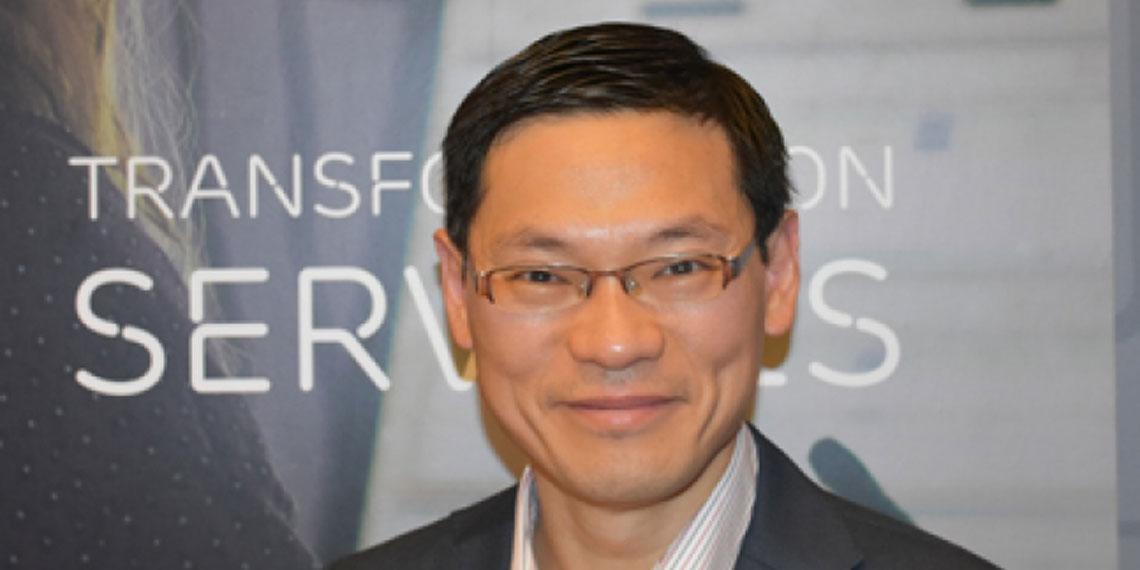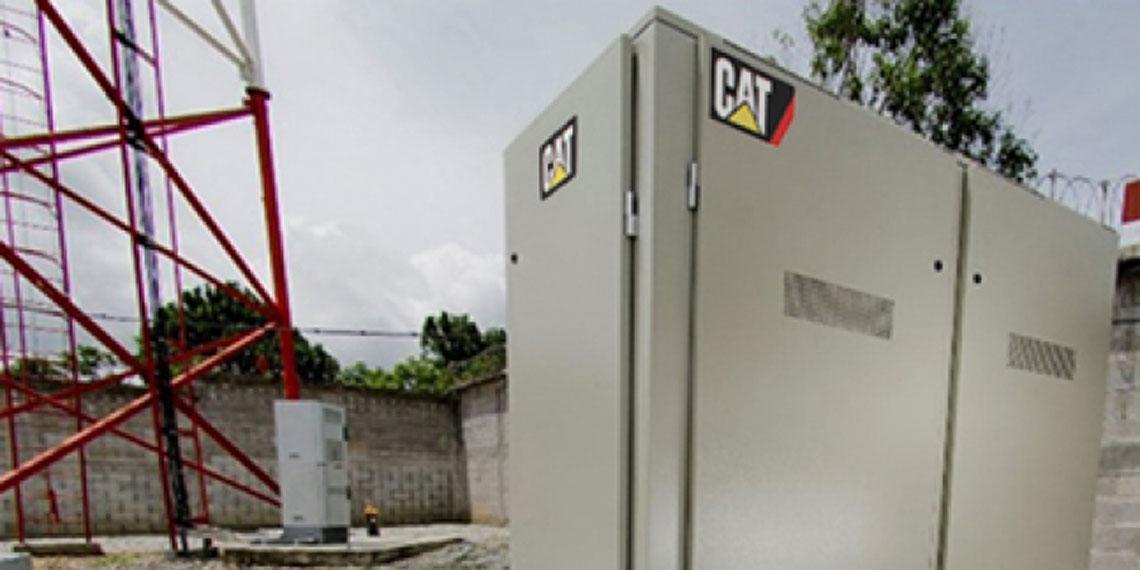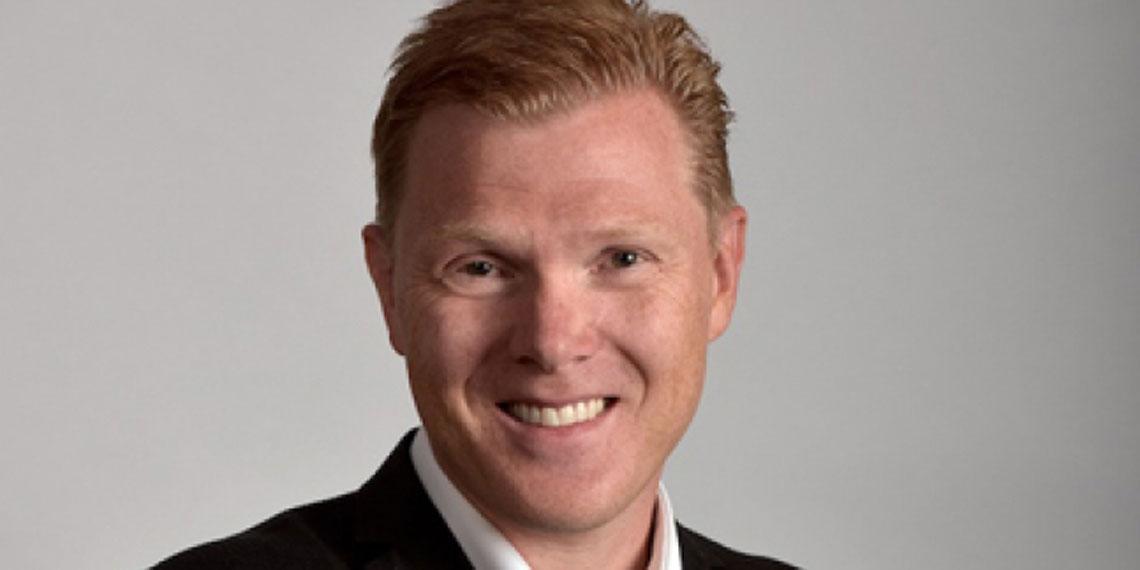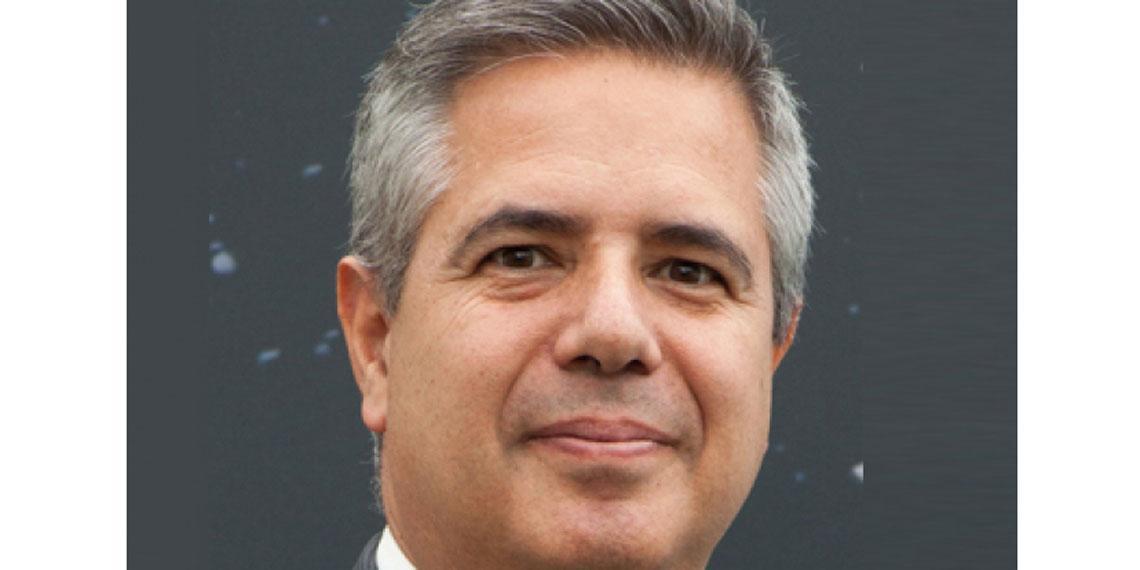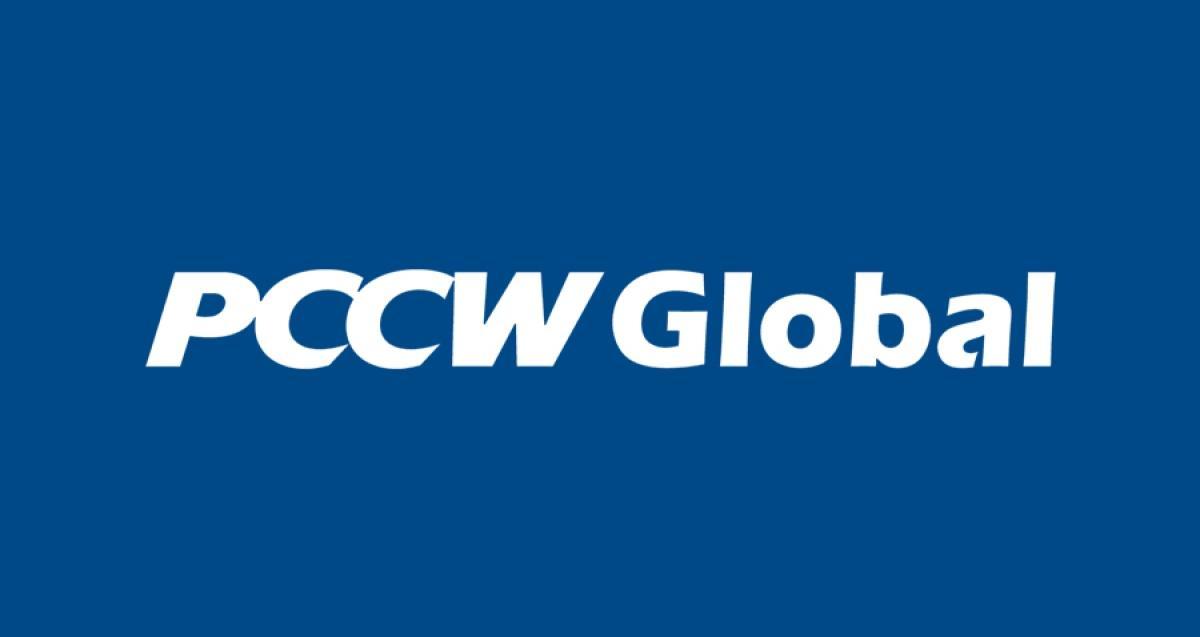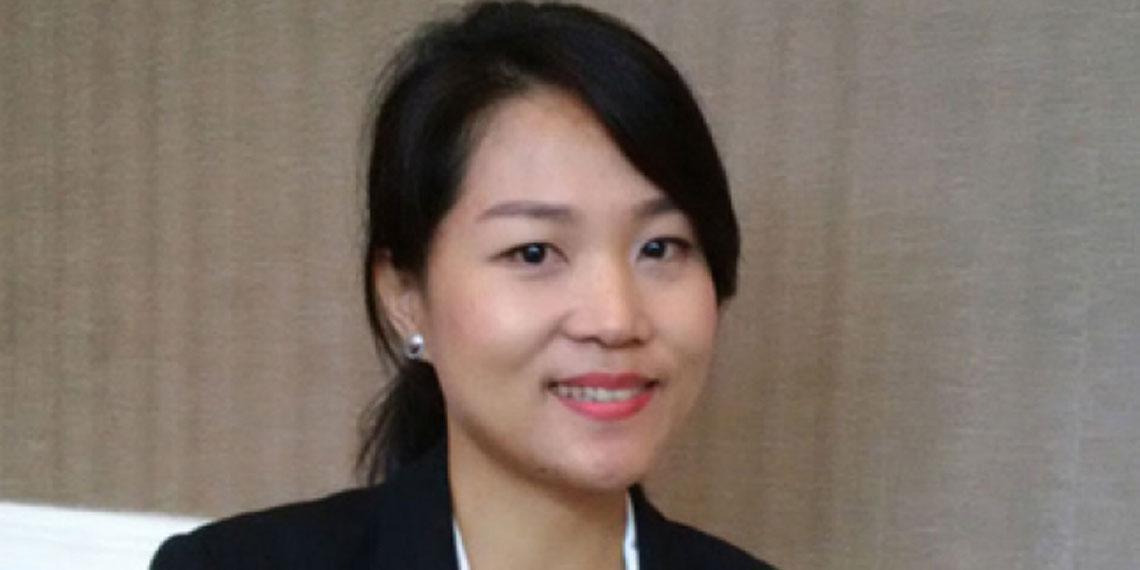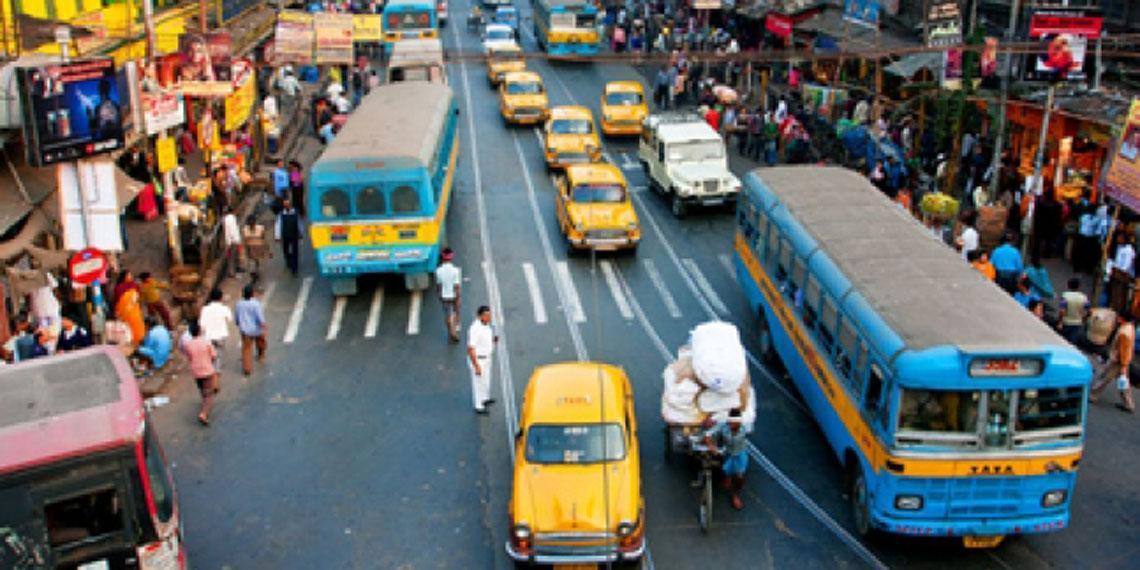Internet of Things (IoT) will shape communication in everyday life and business models. When smart products are connected, business opportunities and disruptive ideas involving things yet to be named will emerge, along with markets yet to be discovered. A world of opportunity awaits us. Once implemented, 5G, in conjunction with IoT, will further enable organizations to move into new markets and build new revenue streams with drastically new business models and use cases, including IoT applications.
Featured Articles
China’s disturbing digital ‘Social Credit’ evaluation system
As a Communist nation, China is famous for its distrust of outsourced influence and internal uprising. Its citizens are no strangers to being evaluated by the government; a mammoth task monitoring 1.4 billion people. To maintain control of China’s vast population, the government has developed ‘China’s Social Credit System’ (SCS) to become mandatory in 2020, which will take in all of the big data tools of the information age, including electronic purchasing data, social networks and algorithmic sorting, to be used as an overall credit score for citizens.
How Zinc-air Energy Storage Could Change the World
By Chad Dozier, Caterpillar Inc.
In many areas of the world, traditional grid supplied power can be unreliable or even unavailable. An energy storage solution can keep a telecom site operational during periods of grid instability by discharging stored energy. One emerging solution is a zinc-air energy storage system.
Conax Principal Architect talks about securing content '˜from lens to lens' in a digital age
With smartphone adoption, OTTs and hacker advancement is progressing like never before, with digital content continuously at risk. Many organizations have built an entire practice around the issue. One such leader in content security is Conax, a part of the Kudelski Group, who enables secure content revenues for over 400 operators, representing 140 million pay-TV consumers in 85 countries globally.
Eutelsat Asia CEO talks APAC expansion and praises Facebook partnership
Headquartered in Paris, Eutelsat Communications, established in 1977, is one of the leading global satellite operators. Eutelsat Asia CEO, Jean-Francois Fenech, spoke to Telecom Review about the company's ubiquitous satellite coverage, expansion into Asia Pacific, and how Eutelsat satellites are poised to develop Africa's broadband market in partnership with Facebook.
Southern Cross Cable gets capacity boost
The Southern Cross Cable Network is a vital link between Australia, New Zealand and the US. Its senior executives talk about its latest upgrade.
PCCW Global CEO: We can be both OTT, and also QoS
Marc Halbfinger, PCCW Global CEO, was present at this year’s BroadcastAsia event held in conjunction with CommunicAsia and EnterpriseIT in Singapore. Speaking to Telecom Review, he discussed PCCW Global’s international activities, and its unique role in enabling service providers and content providers with flexible approaches to capital infrastructure and quality of service (QoS).
The leading lady of ZTE's Radio Frequency department
Telecom Review Asia Pacific caught up with Chen Zhiping, Director of Wireless Solutions at ZTE, who has managed to rise up through the ranks of a male-dominated company.
Dell OEM executives discuss Open NFV and the convergence of telecoms and IT
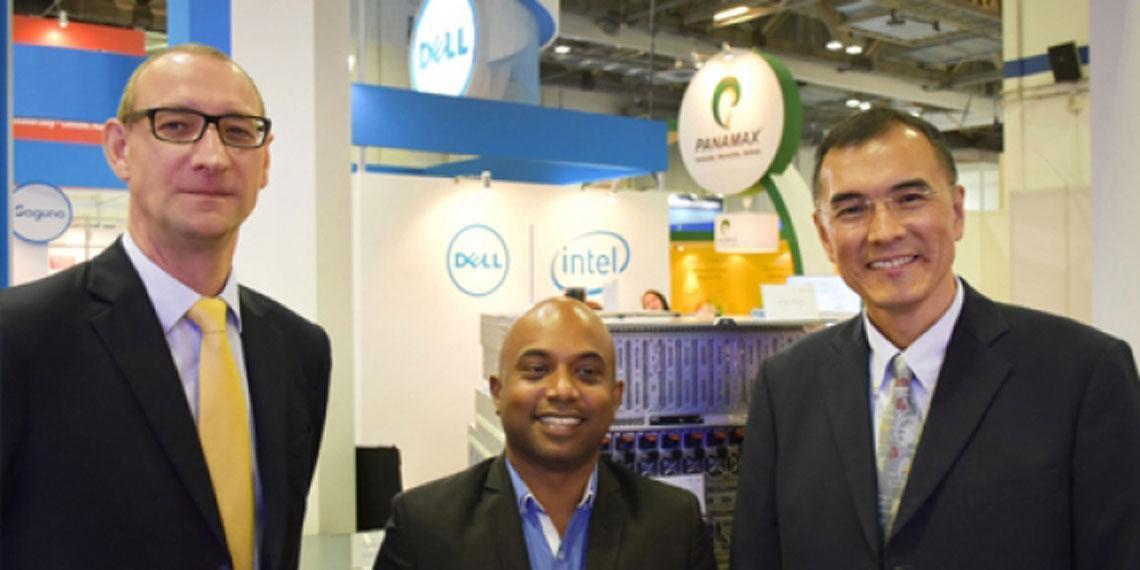
From left to right: Erwin Meyer, General Manager, OEM Solutions, Asia Pacific & Japan; Arul Dharmalingham, NFV Practice Lead, OEM Solutions, Dell, Asia Pacific; David Lin, Business Development Director, OEM Solutions Photo: Zane Small
The gap between telecoms and IT is shrinking rapidly as the two industries merge to form a new age of smart and efficient communication as defined by the Internet of Things. As an end-to-end IT supplier, Dell's role in telecoms is thus increasing. Dell OEM telecommunications executives, Erwin Meyer, General Manager, OEM Solutions (Telecommunications), Asia Pacific & Japan and David Lin, Business Development Director, OEM Solutions (Telecommunications) recently sat with Telecom Review in Singapore to discuss Open NFV and Dell's role in telecoms: the convergence of telecoms and IT.
India's ambitious smart city reformation
The Smart Cities mission, launched in June 2015, was a bold move by prime minister, Narendra Modi, to secure a better future for India. The mission has been allotted a budget of Rs48,000 crore ($US7.2m) for five years. The selection process has now whittled down to 20 the number of cities to be made smart in the initial round of the project.


